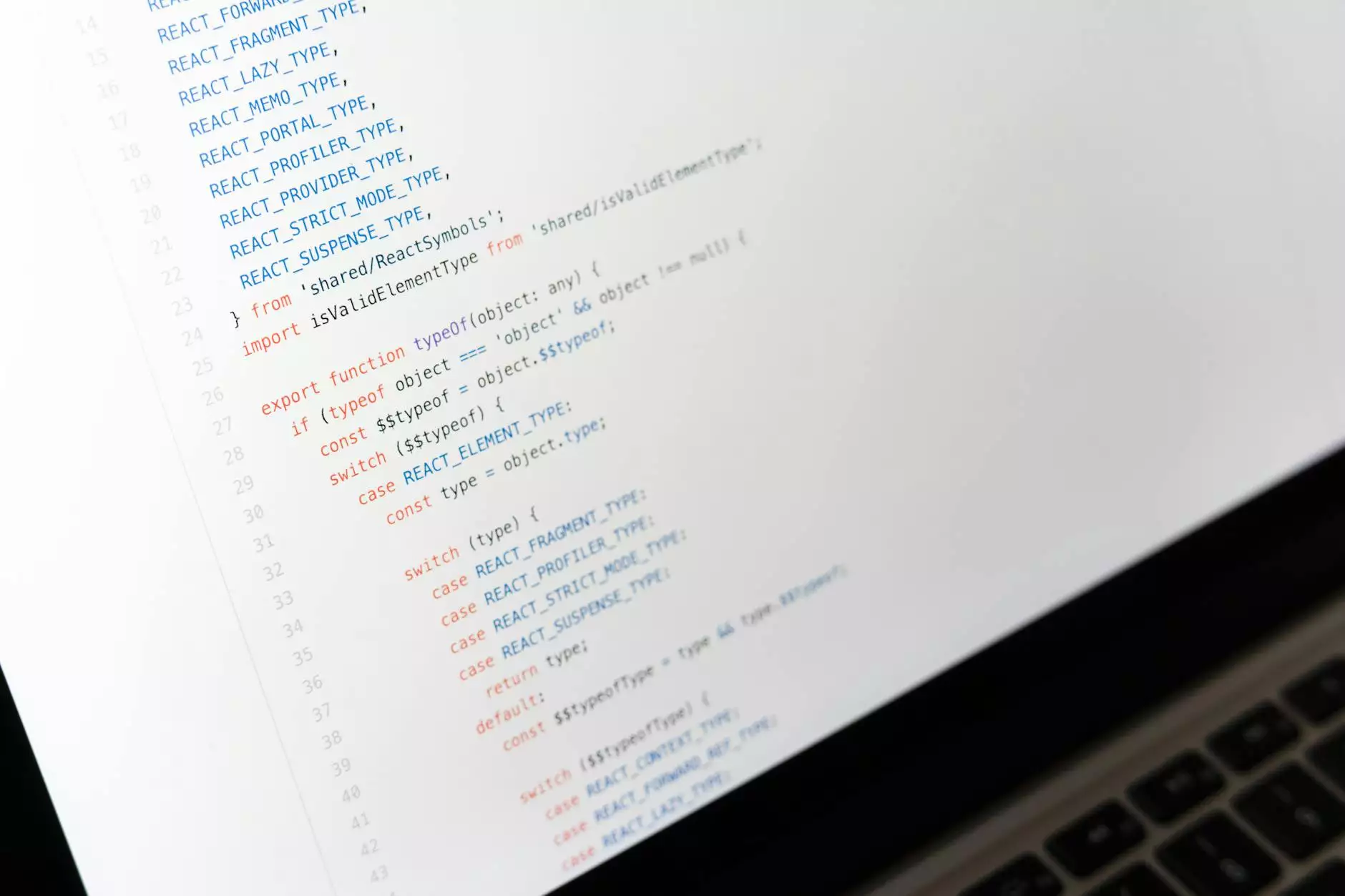Unlocking Opportunities: A Comprehensive Guide to Medical Coding Training

Introduction to Medical Coding
In today's healthcare landscape, medical coding plays a vital role in ensuring efficient medical billing and patient care management. This essential process involves the translation of healthcare services, diagnoses, and procedures into universally recognized codes. As the healthcare industry continues to evolve, the demand for skilled medical coders is at an all-time high, making medical coding training a lucrative and rewarding career opportunity.
What is Medical Coding?
At its core, medical coding is the conversion of healthcare concepts into alphanumeric codes. These codes serve multiple purposes, including:
- Billing and Insurance Claims: Coders ensure that insurance companies receive accurate information to process claims.
- Data Collection: They contribute to the statistical analysis of healthcare data, helping to track patient outcomes and trends.
- Compliance: Proper coding is essential for adhering to regulations and avoiding legal issues.
This coding work is crucial for healthcare providers, insurance companies, and regulatory bodies. It directly impacts financial reimbursements and patient care standards.
The Importance of Medical Coding Training
Investing time in medical coding training is imperative for those looking to enter this field. Here are several reasons why such training is important:
1. Skill Development
Through formal training, aspiring coders learn the necessary skills to accurately interpret medical records and assign the correct codes, which is critical in minimizing errors and ensuring compliance.
2. Up-to-Date Knowledge
The healthcare industry is constantly changing with the introduction of new codes, regulations, and billing practices. Formal training keeps coders informed about the latest standards, ensuring relevance in their work.
3. Enhanced Job Opportunities
Employers prefer hiring individuals who possess certified knowledge and skills. Medical coding training not only enhances employability but also opens doors to advanced opportunities in the healthcare sector.
Pathways to Getting Trained in Medical Coding
There are several pathways to acquiring medical coding training. Understanding your options can help you choose the best route for your career aspirations:
1. Online Courses
Online courses offer flexibility and convenience for busy individuals. Many accredited institutions provide training that can lead to certification, allowing students to learn at their own pace.
2. Community Colleges
Community colleges often offer comprehensive programs in medical coding and billing, typically leading to a diploma or associate's degree. These programs combine theoretical knowledge with practical experience.
3. Certifications
Obtaining certifications such as the Certified Professional Coder (CPC) from the American Academy of Professional Coders (AAPC) or the Certified Coding Specialist (CCS) from the American Health Information Management Association (AHIMA) is highly recommended. These certifications validate your skills and knowledge in the field.
Key Skills Required for Medical Coding Professionals
To excel in medical coding, individuals must develop a range of skills:
- Attention to Detail: Coders must be meticulous and careful to avoid costly errors.
- Analytical Skills: Being able to analyze medical documentation and translate that into codes is crucial.
- Familiarity with Medical Terminology: A strong understanding of anatomy, physiology, and medical procedure terms is essential.
- Technical Proficiency: Familiarity with coding software, databases, and electronic health records is beneficial.
The Benefits of a Career in Medical Coding
A career in medical coding offers numerous advantages:
1. Job Security
As long as healthcare exists, the demand for medical coders will remain strong. This ensures a stable job market for professionals in this field.
2. Work Environment Flexibility
Many medical coding jobs offer the option to work from home, providing a better work-life balance.
3. Competitive Salary
Medical coding professionals often earn competitive salaries, with opportunities for bonuses and raises over time.
Challenges in Medical Coding
While a career in medical coding is rewarding, it does not come without challenges:
1. Continuous Learning
Coders must engage in continuous education to keep up with changes in coding guidelines and healthcare regulations.
2. The Pressure of Accuracy
The pressure to avoid errors is inherent in this profession, as mistakes can lead to significant financial repercussions for healthcare facilities.
Getting Started in Medical Coding Training
Starting your journey in medical coding training involves several steps:
1. Research Accredited Programs
Look for accredited institutions that offer reputable programs, either online or in person.
2. Enroll in a Course
Once you identify a suitable program, take the next step and enroll. Ensure that the curriculum aligns with your career goals.
3. Gain Real-World Experience
Often, internship opportunities arise during or after training. Participate in these opportunities to gain practical experience.
Conclusion: Embrace the Future of Medical Coding
In conclusion, medical coding training is not just an educational pathway; it is a gateway to a productive and fulfilling career in healthcare. As we continue to navigate an ever-evolving medical landscape, the role of medical coders remains pivotal. By investing in the right training and developing the essential skills, you can embark on a rewarding journey in this critical field.
© 2023 Medesun Global. All rights reserved.









